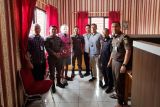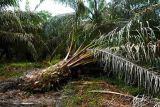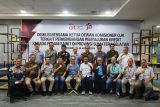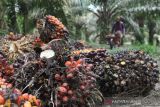Palembang (Antarasumsel.com) - A non-profit organization, Roundtable Sustainable Palm Oil (RSPO), has
targeted to certify 50 percent of palm oil plantations in Indonesia by
2020.
RSPO Director Tiur Rumondang said here on Wednesday that the RSPO
certification would become an essential tool for producers as they are
required by exporters of crude palm oil and other palm oil products.
"European countries and America have required (the certification).
In the future, RSPO certification would be a key factor to maintain
sustainable palm oil business chain," she stated.
Indonesia, which supplies 50 percent of the world`s palm oil demand,
has certified some 18 percent or 1.8 million hectares of the total 11
million hectares of palm oil plantations.
Unlike the ISPO certification, which is mandatory, the RSPO certification is a voluntary move.
"This means, it is the result of a change in behavior of
businessmen. Hence, we have to encourage them, as we are still facing
various issues such as environment issues, deforestation, green house
effect, and biodiversity issue," Tiur noted.
The organization has called on various parties in the palm oil production chain to certify their products.
Indonesian palm oil products have been exported mostly to China and
India, which do not require RSPO certification. But such certification
would become mandatory in the global market in the future.
"So far, RSPO certification was seen as an effective tool to counter environmental issues," Tiur added.
RSPO is a non-profit organization that unites stakeholders from
seven sectors of the palm oil industry, namely oil palm producers,
processors or traders, consumer goods manufacturers, retailers,
banks/investors, environmental, and social non-governmental
organizations (NGOs), to develop and implement global standards for
sustainable palm oil production.
RSPO has set eight principles of palm oil supply chain, from its
process, sales, and buying that would be renewed every five years, to
check its commitment to transparency, sustainable farming system, and
productivity enhancement.
In 2016, as many as 2.7 thousand independent palm oil farmers with
5.5 thousand hectares of land in three subdistricts of Ogan Komering
Ilir in South Sumatra had received the RSPO sustainable certification.
It has become the largest group of farmers that have received such a certification.
"We have proved that independent palm oil farmers could meet
international standards," a farmer Amin Rohmad remarked, adding that it
was not easy to get the certification as it requires them to have to
change their working culture.
RSPO targets certification of half of Indonesia`s palm oil plantations
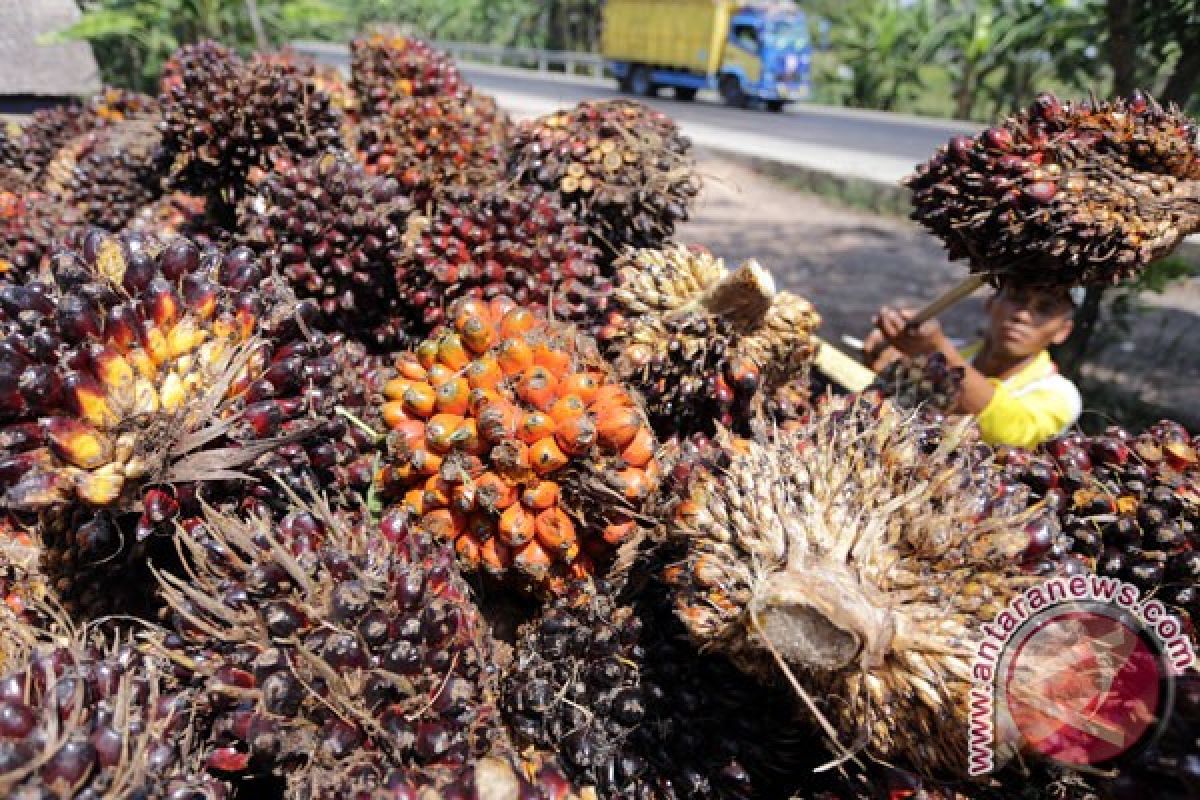
Ilustrasi Seorang pekerja memuat bongkahan kelapa sawit keatas mobil truck (Antarasumsel.com/Nova Wahyudi)




